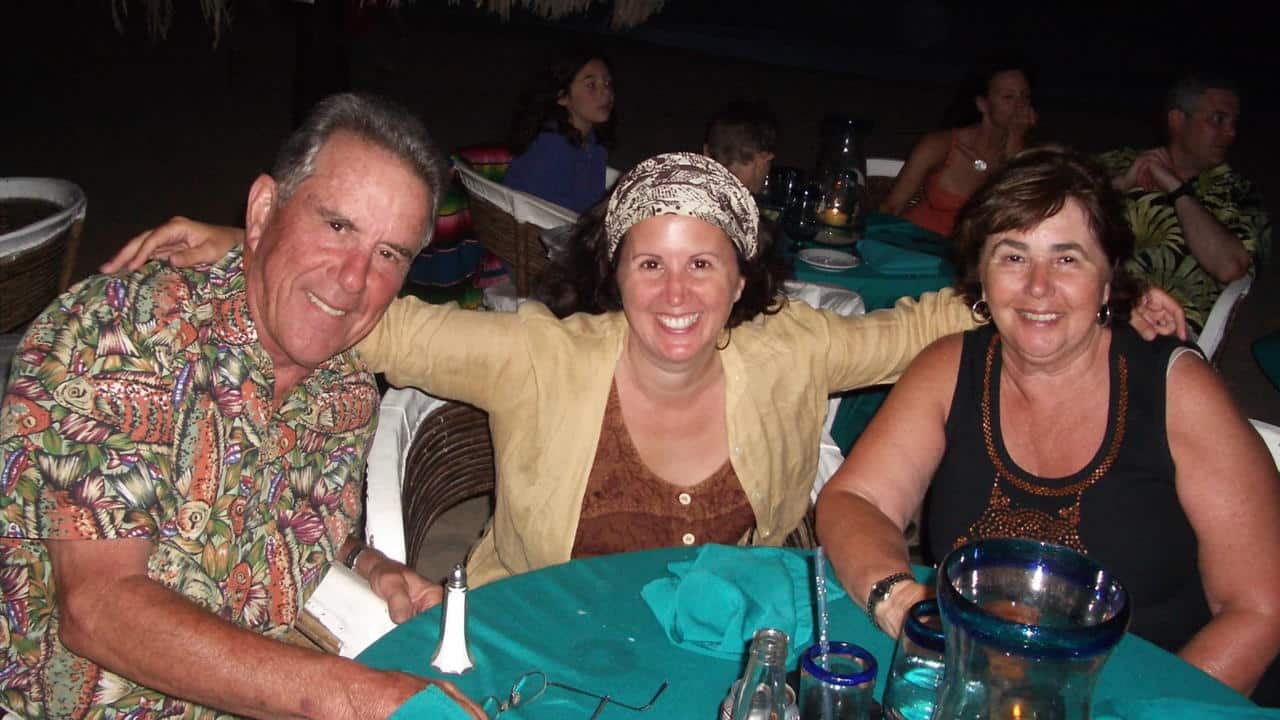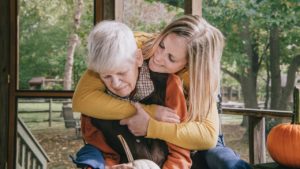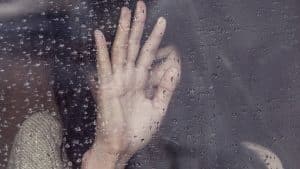In 2006, Gina Martin’s mother, Diane, was diagnosed with early onset Alzheimer’s Disease and died 5 years later. In a tragic yet poetic twist of fate, her father died 3 months later on his birthday of a “broken heart”.
To honor her parents and raise awareness about dementia, Gina created the Bob and Diane Fund, which grants a $5,000 award each November to an artist depicting the dementia journey through the lens of photography.
Here’s a sneak peek at what you’ll learn from my interview with Gina Martin:
- [05:31] Gina Martin shares about the inspiration for creating the Bob and Diane Fund
- [11:11] Each November, the Bob and Diane Fund offers a $5,000 grant to a photographer telling a visual story of dementia. Gina describes the selection process and the esteemed group of judges.
- [18:28] Visual stories of dementia are touching and compelling. Gina shares a little background on each of the past grantees (see photos below).
- [23:17] Gina describes a photo contest the Bob and Diane Fund had for people living with dementia called, Still Living. Learn more and see the winners below.
- [31:04] Learn how to apply to the Bob and Diane Fund grant. Hurry! The application deadline is November 1, 2020.
- [35:30] Gina shares some of her favorite tips for ways that you can show support to friends and family who are living with dementia. (Pssst, they’re great during COVID)
About Gina Martin & the Bob and Diane Fund
Gina Martin was a dementia daughter until 2011 when her mom with early onset Alzheimer’s Disease passed away followed by the sudden passing of her father 3 months later. In memory of her parents and as a professional in the world of visual storytelling for 21 years at National Geographic, Gina created the Bob and Diane Fund to provide grants to photographers depicting the experience of living with a dementia disorder.
- Website – www.bobanddianefund.org
- Twitter – @bobanddianefund
- Instagram – @bobanddianefund
- Facebook – @bobanddianefund
The Bob and Diane Fund Grantees
2019 Grantee: Sofie Mathiesen
2018 Grantee: Stephen DiRado
2017 Grantee: Chris Nunn
2016 Grantee: Maja Daniels
Still Living Contest (2019): Life through the lens of dementia
Photo contest for people living with dementia.
Winner: Elia Luciani of Canada (from Italy)
Winner: Cynthia Huling Hummel of New York
Winner: Pauline Singier of France
















